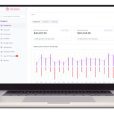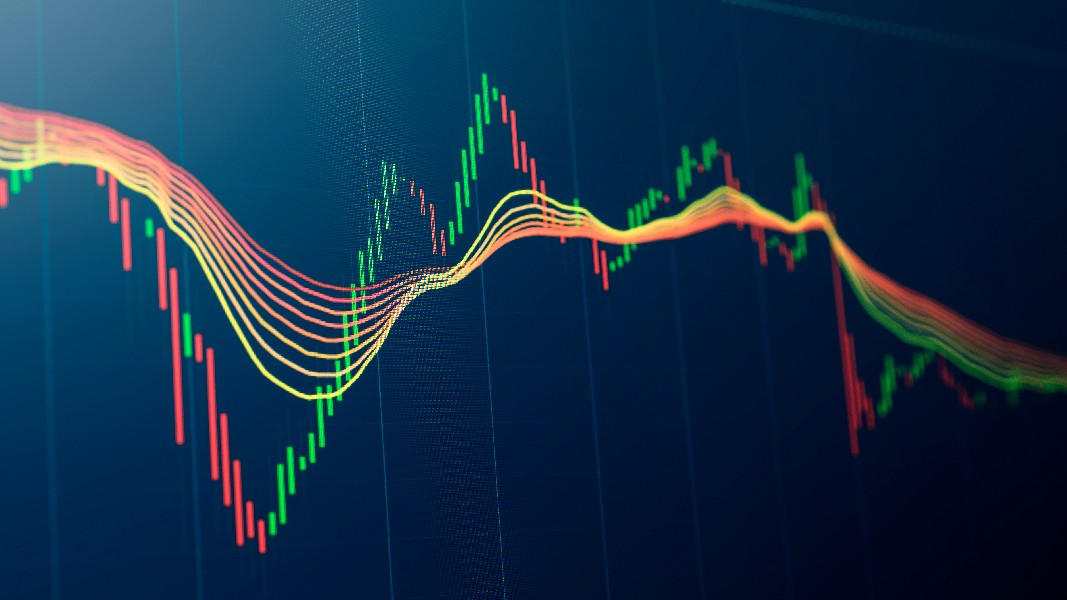The US midterm elections were the height of November’s issue. US markets seemed disappointed that the Republicans were not able to achieve a knockout win that was expected. Most sectors were fluctuating trying to resist, while bitcoin continued to crash. The market also hit record high since 2020 after weaker-than-expected inflation supported investor hopes that inflation had peaked. In Australia, the Reserve Bank raised the official cash rate to 3.1% in an eighth consecutive move. November 2022 was a volatile month.
US markets
US markets were stronger in the month, with the Dow Jones up +5.7% and S&P500 up +5.4%, as data which revealed US inflation cooling in October by more than forecast.
European markets
European markets were higher with the Stoxx Europe 600 Index up +6.8%, UK FTSE up +6.7% and German DAX up +8.6%.
Asian markets
Asian markets were higher over the month, with the Nikkei up +1.4% and KOSPI up +7.8%. The Shanghai Composite gained +8.9%, amid a slew of positive developments with China making significant changes to the stringent Covid-zero policy, Chinese officials vowing to speed up Covid shots for the elderly and to avoid excessive restrictions.
Commodities
Over the month, WTI oil price declined -5.7% to US$80.55/bbl, as OPEC+ reduced its forecasts for global oil demand again, lowering estimates for the amount of crude it will need to pump in 4Q22 by 520k barrels a day.
ASX performance
The ASX200 gained +6.1%.
In political news:
US mid-terms saw the Republicans take control of the House of Representatives and Democrats take control of the Senate.
US-China trade tensions continued to simmer with the Federal Communications Commission imposing a ban on electronic equipment from Huawei Technologies Co and ZTE Corp, continuing a years-long effort to limit the reach of Chinese telecommunications companies into US networks.
In economic news:
Australian RBA decision – RBA downshifted to smaller rate hikes, increasing cash rate by +25bps to 2.85%, the highest level since April 2013
Global growth outlook – OECD announced the world’s central banks must keep raising interest rates to fight soaring and pervasive inflation, even as the global economy sinks into a significant slowdown, as it upgraded 2022 world GDP growth by +10bps to +3.1% (varied by countries).
US Consumer confidence fell in November to a four-month low with a gauge of current conditions decreasing to the lowest since April 2021, amid the double blow of rising interest rates and persistent inflation.
China – Economic activity contracted further in November with official manufacturing PMI falling to the lowest since April and both manufacturing and non-manufacturing PMI staying in contraction territory.
Australia – Consumer sentiment tumbled to the lowest level in 2.5 years in November with pessimists greatly outnumbering optimists as expected inflation rate, which measures consumer inflation expectations over next 12-months, rose to a 4-month high of 6%.
Europe – ECB President Christine Lagarde said that borrowing costs will continue to rise even as economic activity slows down in the face of record inflation, announcing she’d be surprised if euro-zone inflation had peaked, despite data revealing euro-zone inflation slowed for the first time in 1.5 years in November.
U.K. Office for Budget Responsibility (OBR) announced the UK has officially fallen into a recession with economy expected to shrink -1.4% in 2023 (vs prior forecast of +1.8% expansion), which will push more than 500,000 people into unemployment with household incomes, once adjusted for inflation, falling back to 2013 levels and taking at least six years to recover.
Japan – Economy unexpectedly shrank in 3Q22 with GDP contracting at an annualized pace of -1.2%, slipping into reverse for the first time since last year, as the yen’s historic slide battered growth momentum. Japanese consumer confidence dropped for a third straight month in November, the worst since June 2020.
India – Economy grew at a slower pace in 3Q22 with GDP growing +6.3% y/y vs +13.5% y/y in 2Q22, with RBA forecasting the economy to remain on track to expand by ~7% in 2022-23, as supply responses gain strength, demand improves amid easing inflation and the banking system returns to health.
New Zealand – RBNZ raised interest rates by a record +75bps to 4.25% and signaled further tightening ahead.
On stock specific news:
Elders Ltd (ELD) – declined -20.6%, after missing FY22 net income consensus estimate and announcing CEO and MD Mark Allison plans to retire on or before 14 November 2023.
Evolution Mining Ltd (EVN) – gained +29.3%, after reaffirming FY23 gold production forecast of ~720,000 oz.
Origin Energy Ltd (ORG) – gained +41.1% after receiving a non-binding, conditional offer at A$9/share cash.
Xero Ltd (XRO) – declined -9.5%, after missing 1H23 consensus earnings estimate and announcing CEO Steve Vamos will retire in January.
This Monthly Market Wrap snippet was provided courtesy of BanyanTree Investment Group.
- Monthly Wrap: US attempting to quell China’s control on semiconductors and AI - July 9, 2024
- April 2024 Monthly Wrap: Economic growth slows to a near 2-year low as inflation growth delays interest rate cuts - May 10, 2024
- Monthly Economic Wrap: Rate cuts, a Chinese nuclear arsenal and impending TikTok ban - April 5, 2024













Leave a Comment
You must be logged in to post a comment.